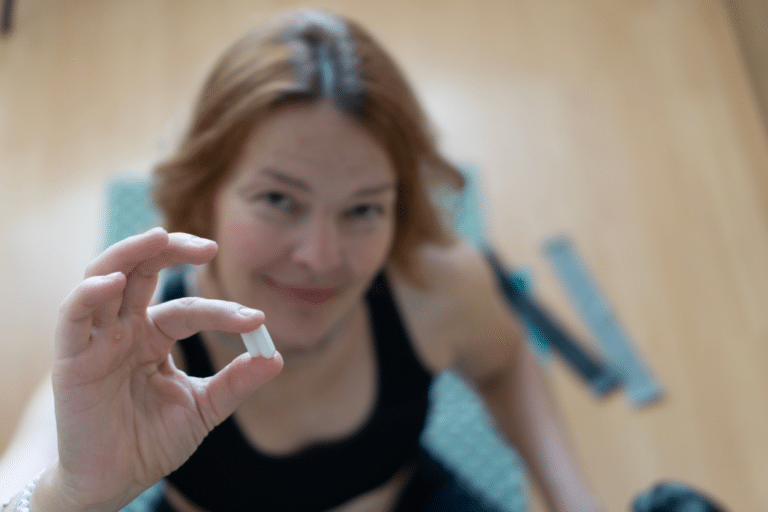I’ve had it when it comes to women’s healthcare.
I’ve had it with hearing how healthcare providers dismiss my clients for being “too young” to be in perimenopause or “too far past menopause” to have hormonal symptoms.
I’ve had it with the limited options offered for the suffering that affects all aspects of a woman’s quality of life.
And I’ve definitely had it with women meekly accepting the tiny bits of information tossed their way when there is so much more out there.
As I see it, three components contribute to women not getting the care they need and deserve.
The Women’s Health Care System Is Not Designed to Support You
The first relates to how the healthcare system operates. Your average garden-variety physician has to see a patient every seven minutes to maintain a certain level of income and keep his/her bosses happy. Productivity requirements kill the doctor/patient relationship in many ways. As a result, it’s sometimes easier to write a prescription for birth control pills or antidepressants than it is to get to the root cause of symptoms. It doesn’t mean your doctor is a bad doctor or human being. It just means that the women’s health care system doesn’t serve you in the best way possible.
Only 20% of OB-GYNs Get Hormone Training (and that’s almost exclusively elective)
 Another piece of the puzzle is that most physicians get, at best, surface-level training in dealing with hormonal problems in menopause. Any MD with more than this knowledge level has most likely sought it out on their own. Meanwhile, a growing number of hormone specialists are operating “wellness clinics” in the US. These practices cater to cash-paying women who want hormone replacement. And they make big bucks. But what’s missing here is a focus on the whole picture of a WOMAN’S HEALTH.
Another piece of the puzzle is that most physicians get, at best, surface-level training in dealing with hormonal problems in menopause. Any MD with more than this knowledge level has most likely sought it out on their own. Meanwhile, a growing number of hormone specialists are operating “wellness clinics” in the US. These practices cater to cash-paying women who want hormone replacement. And they make big bucks. But what’s missing here is a focus on the whole picture of a WOMAN’S HEALTH.
Here’s an article that shines a light on what’s lacking in medical training.
You Have to Put on Your Big-Girl Panties
Finally, what’s lacking when it comes to women getting the care they need is the courage to speak up and advocate for themselves. Not only am I passionate about caring for my clients, but I’m also fired up about teaching women how to put on their big-girl panties and have a conversation about what they want when it comes to their bodies.
As a pharmacist, I KNOW I get treated differently by providers because I know what questions to ask and have already done my research. That’s one of the perks of being in school forever.
But what about the rest of the world? How do you (as a non-medical person) develop confidence and muster up the courage to have a voice and get your needs met? How do you get more than “it’s all in your head?”
Next week, we’ll explore my 11 tips for developing the skills to be an active player in your health care. This is so important because you are in charge of your body 24/7. You don’t need a Ph.D. to accomplish this; you just need a willingness to learn about your options and be honest and open about your preferences.
Dr. Anna Garrett is a menopause expert and Doctor of Pharmacy. She helps women who are struggling with symptoms of perimenopause and menopause find natural hormone balancing solutions so they can rock their mojo through midlife and beyond. Dr. Anna is the author of Perimenopause: The Savvy Sister’s Guide to Hormone Harmony. Order your copy at www.perimenopausebook.com.
Dr. Anna and her team of hormone experts are available for 1-1 consultation. Find out more at www.drannagarrett.com/lets-talk




